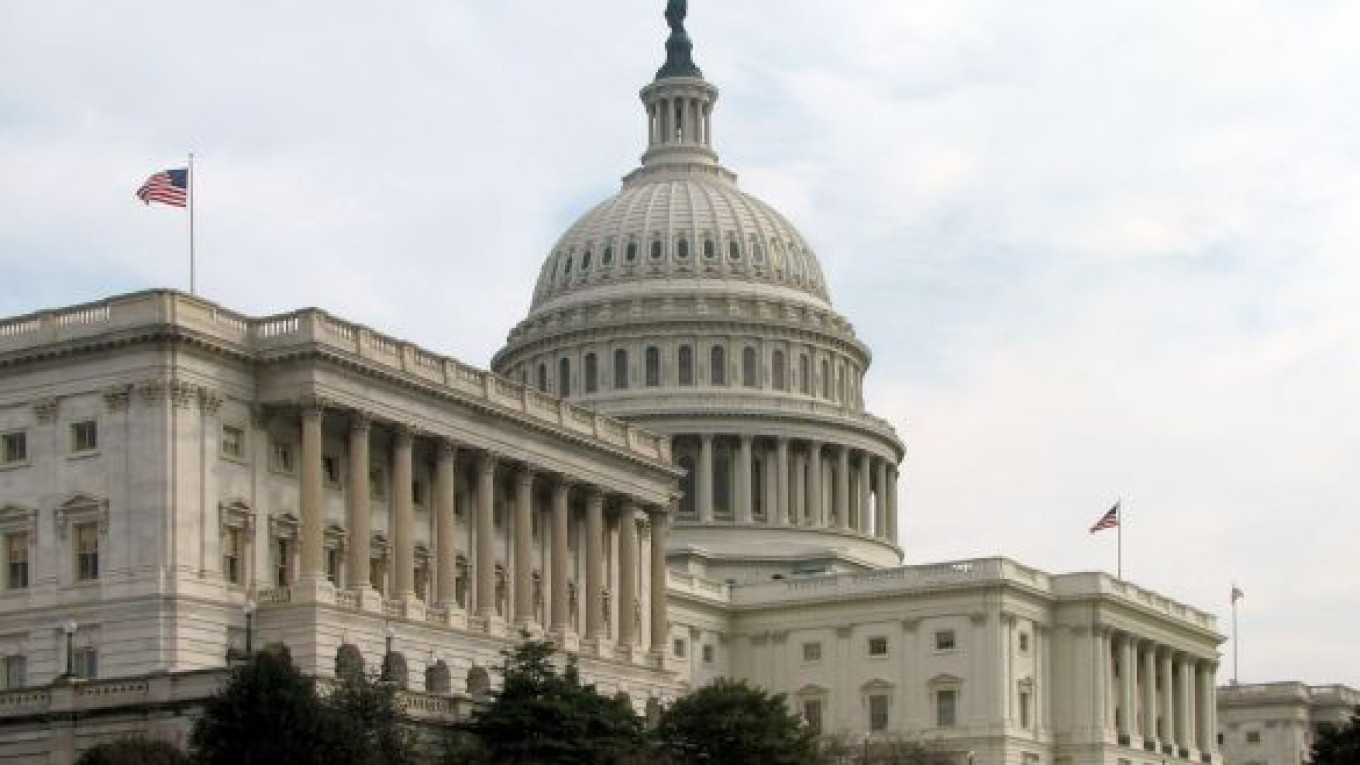The U.S. Senate Finance Committee on Wednesday unanimously approved a bill to ensure U.S. exporters share in the benefits of Russia’s upcoming accession to the World Trade Organization and also to punish Russian officials for human rights violations.
The strong bipartisan vote improves chances for the bill to move quickly through the full Senate and the House of Representatives and be signed into law by President Barack Obama before Russia enters the WTO in August.
“That is our deadline for passing PNTR [permanent normal trade relations],” Senate Finance Committee Chairman Max Baucus said. “If we miss that deadline, American farmers, ranchers and businesses will lose out to the other 154 members of the WTO.”
Russia’s accession to the WTO has put pressure on Congress to lift a Cold War provision known as the Jackson-Vanik amendment, which is inconsistent with the organization’s rules.
If the amendment is not repealed, Russia could deny U.S. exporters some of the market-opening concessions it made to join the WTO and the United States would not be able to challenge those actions through the WTO’s dispute settlement system.
Meanwhile, concern about Russia’s commitment to human rights, democracy and the rule of law is propelling separate legislation, known as the Magnitsky bill. That legislation was expected to be added by the Finance Committee to the trade bill.
Congress voted in the 1974 trade act to deny “normal trade relations” to almost all communist countries, but allowed the president to normalize trade relations on a temporary basis to individual communist countries if certain conditions were met.
Normal trade relations simply mean a country can export its goods to the United States at the same tariff rates that most countries enjoy.
Only two countries, Cuba and North Korea, do not have any form of normal trade relations with the United States.
To put pressure on the Soviet Union to allow Jews to emigrate, Congress added the Jackson-Vanik amendment to the 1974 trade act to require communist countries to meet freedom-of-emigration conditions to receive normal trade relations.
President Bill Clinton determined in 1994 that Russia was in full compliance with emigration and related provisions of the 1974 trade act, and that stance has been upheld by the White House in semi-annual reviews since then.
The key provision simply authorizes the White House to provide normal trade relations to Russia on a permanent basis.
The Finance Committee added the Magnitsky bill to the trade legislation. It is named for Sergei Magnitsky, a Russian anti-corruption lawyer who died in 2009 in jail.
The Magnitsky provision directs the State Department to publish the names of people believed to be responsible for the detention, abuse or death of Magnitsky in order to deny them visas and for the Treasury Department to freeze their assets.
It would punish other human rights abusers in Russia or anywhere in the world, and allow certain members of Congress to suggest individuals to be put on the sanctions list.
The bill also puts pressure on the U.S. Trade Representative’s office to ensure Russia is honoring its WTO obligations, particularly in regard to U.S. intellectual property rights and market access for U.S. meat and other farm products that lawmakers believe Moscow has unfairly blocked in the past.
The U.S. Trade Representative is required to report to Congress on Russia’s implementation of its WTO commitment six months after the country’s entry into the organization, or approximately February 2013.
That report is to be updated once a year, along with a plan on how the trade representative will enforce commitments where Russia is falling short.
A Message from The Moscow Times:
Dear readers,
We are facing unprecedented challenges. Russia's Prosecutor General's Office has designated The Moscow Times as an "undesirable" organization, criminalizing our work and putting our staff at risk of prosecution. This follows our earlier unjust labeling as a "foreign agent."
These actions are direct attempts to silence independent journalism in Russia. The authorities claim our work "discredits the decisions of the Russian leadership." We see things differently: we strive to provide accurate, unbiased reporting on Russia.
We, the journalists of The Moscow Times, refuse to be silenced. But to continue our work, we need your help.
Your support, no matter how small, makes a world of difference. If you can, please support us monthly starting from just $2. It's quick to set up, and every contribution makes a significant impact.
By supporting The Moscow Times, you're defending open, independent journalism in the face of repression. Thank you for standing with us.
Remind me later.


